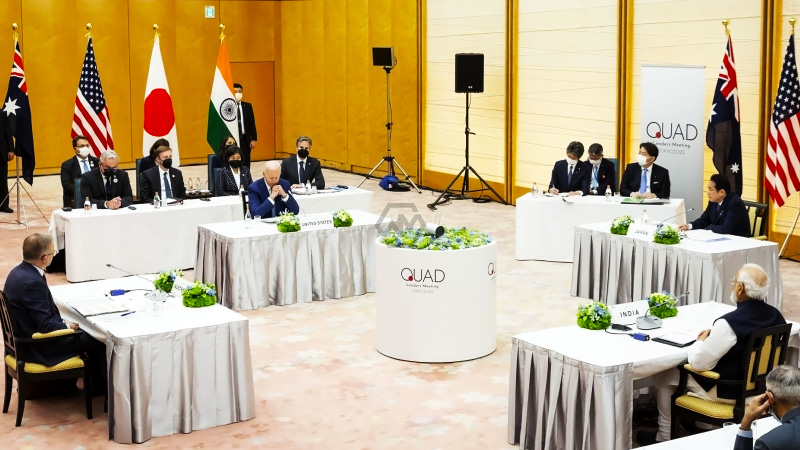Deals that offer real economic gains should not be conducted under the US’s ambiguous IPEF structure. Deals with 13 other countries, including Australia, India, and Japan, make up the Indo-Pacific Economic Framework (IPEF). The framework, which the US pledged to secure for workers and businesses in the economies of IPEF partners, was first unveiled last year.
The announcement establishes a new Labour Rights Advisory Board, Supply Chain Council, and Supply Chain Crisis Response Network but does not include any legally binding measures.
The US Trade Commitment
Without significant new access to the US market or other trade privileges, partner nations have little reason to make significant commitments themselves, which is the IPEF’s core problem. The IPEF won’t do much to divert value networks from China or lessen Beijing’s geoeconomic sway.
With US corporate organizations and environmental groups voicing discontent with the accord, the IPEF has acquired the political trappings of a preferential trade agreement. While environmental and labor activists, including Public Citizens, organized protests outside an IPEF ministerial conference, Congress has been huffing and puffing about its prerogatives.
- US’s ambiguous IPEF structure hinders real economic gains in deals.
- IPEF faces a core problem of reducing China’s influence.
- Biden proposes IPEF for targeted raw material supply and friend-ship agreements.
The Biden administration contends that there are alternatives to large, multifaceted PTAs, which other significant trading nations like the EU are finding difficult to sign and ratify. Targeted agreements on crucial raw material supply and friend-ship arrangements could be made by the IPEF.
Without a regional negotiating framework, these can be carried out rapidly and on the spot. China and other auto-producing nations are wooing IPEF member Indonesia because of its nickel resources.
To unleash IRA tax benefits and provide them with incentives to export there, akin to old-style preferential market access, Indonesian producers desire crucial minerals to deal with the US. The Biden administration realizes that traditional trade agreements cannot address the rapidly shifting geopolitics and value networks on their own.



